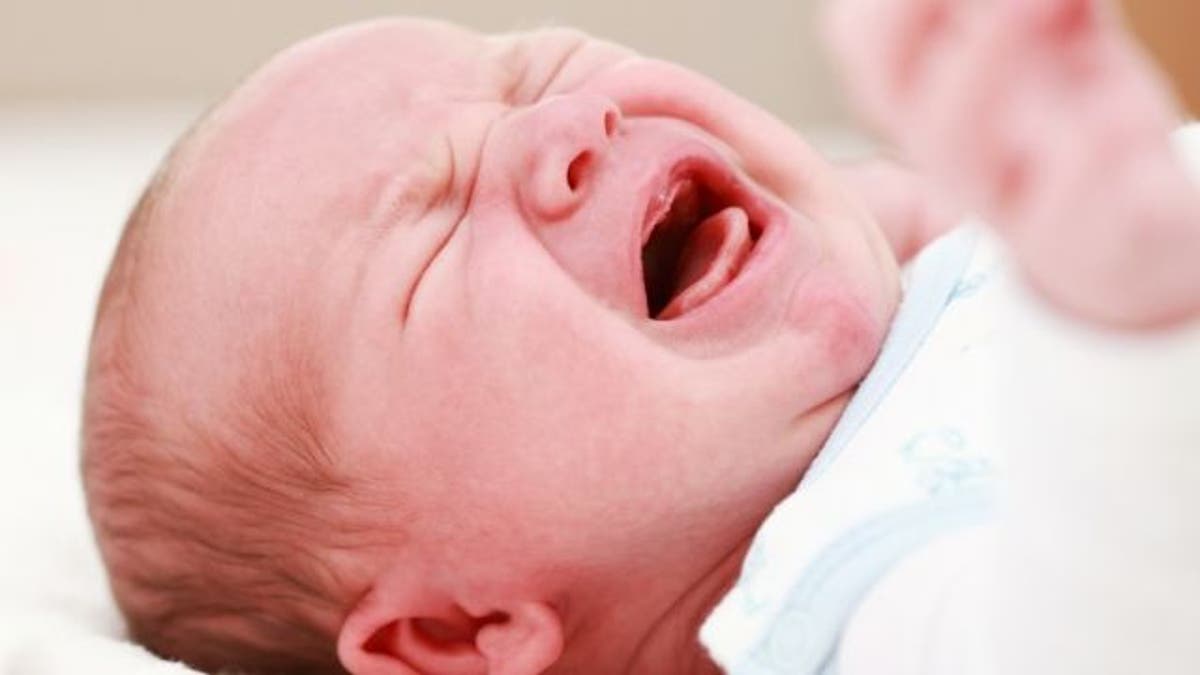
Many new parents may think letting babies cry themselves to sleep is cruel, but a new study could offer reassurance. Researchers at Flinders University in Australia found letting babies “cry it out”— or allow them to cry for an extended period of time”— does not lead to long-term emotional or behavioral harm.
Researchers used the method, also called “graduated extinction,” as well as bedtime fading—which involves pushing bedtime back in hopes the infant will fall asleep more quickly— on 43 babies 6 to 16 months old, CBC News reported.
They found that infants subjected to the sleep methods fell asleep more quickly compared with babies in the control group, who slept according to their usual routine.
"It looks like you've got two effective treatments that don't necessarily lead to negative outcomes," study author Michael Gradisar, an associate professor at Flinders University in Australia, told CBC News.
According to the study, babies fell asleep 13 minutes faster with graduated extinction and 10 minutes faster with bedtime fading. Infants who fell asleep to graduated extinction woke up less during the night.
To determine whether infants suffered long-term stress, researchers measured levels of the stress hormone cortisol via saliva samples. They did not find elevated levels for graduated extinction. A year after the study period, researchers did not observe significant differences in parental attachment or behavioral problems in the infants, CBC reported.
In 2012, a similar study of 326 children with sleep problems at seven months found similar results— they observed no long-term negative impact of allowing babies to cry themselves to sleep five years after the study period.
The Child and Adolescent Sleep Clinic at Flinders University advises parents start with bedtime fading first. If parents try graduated extinction, they recommended setting aside a few days when they don’t have plans the next day and bringing in extra support.
